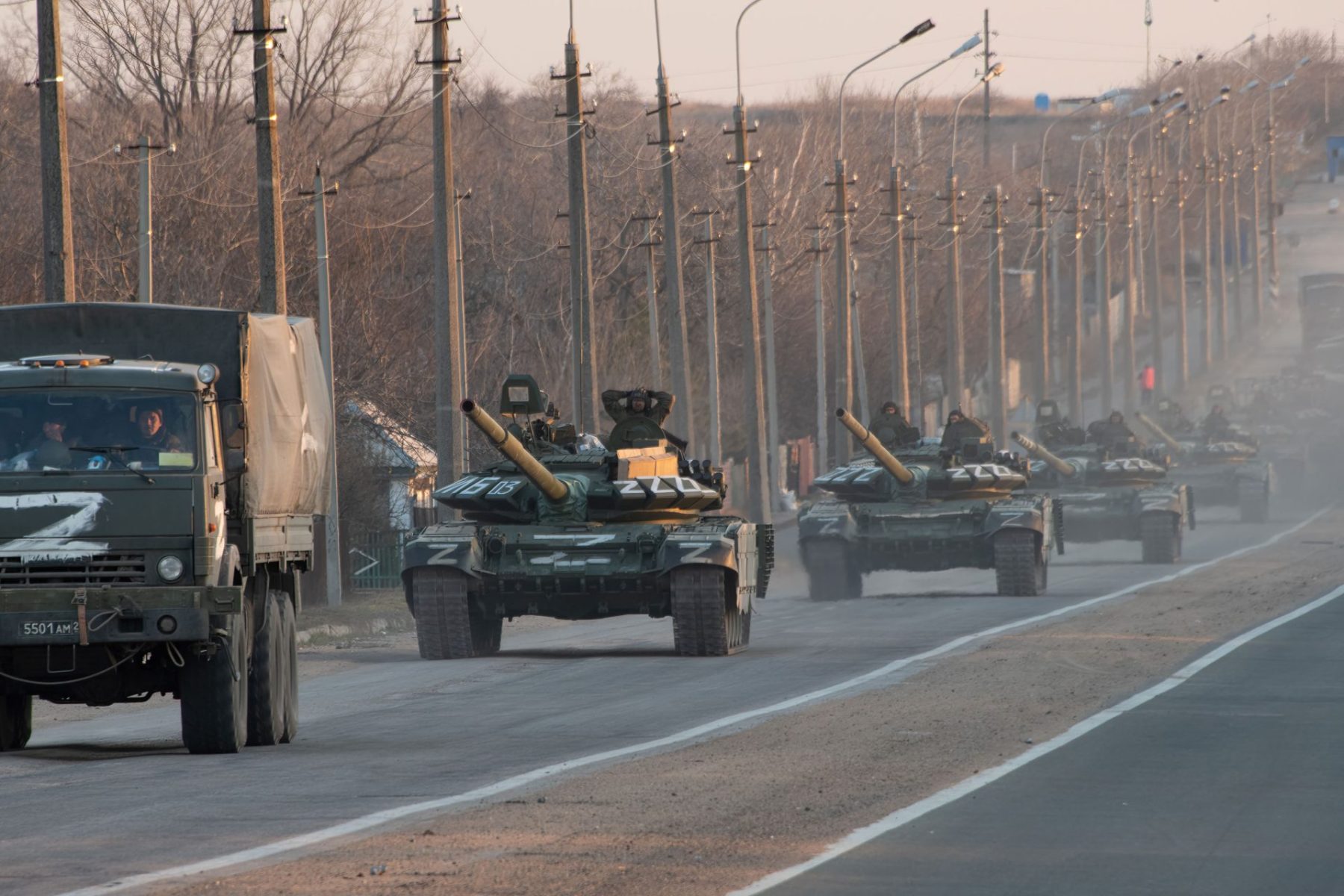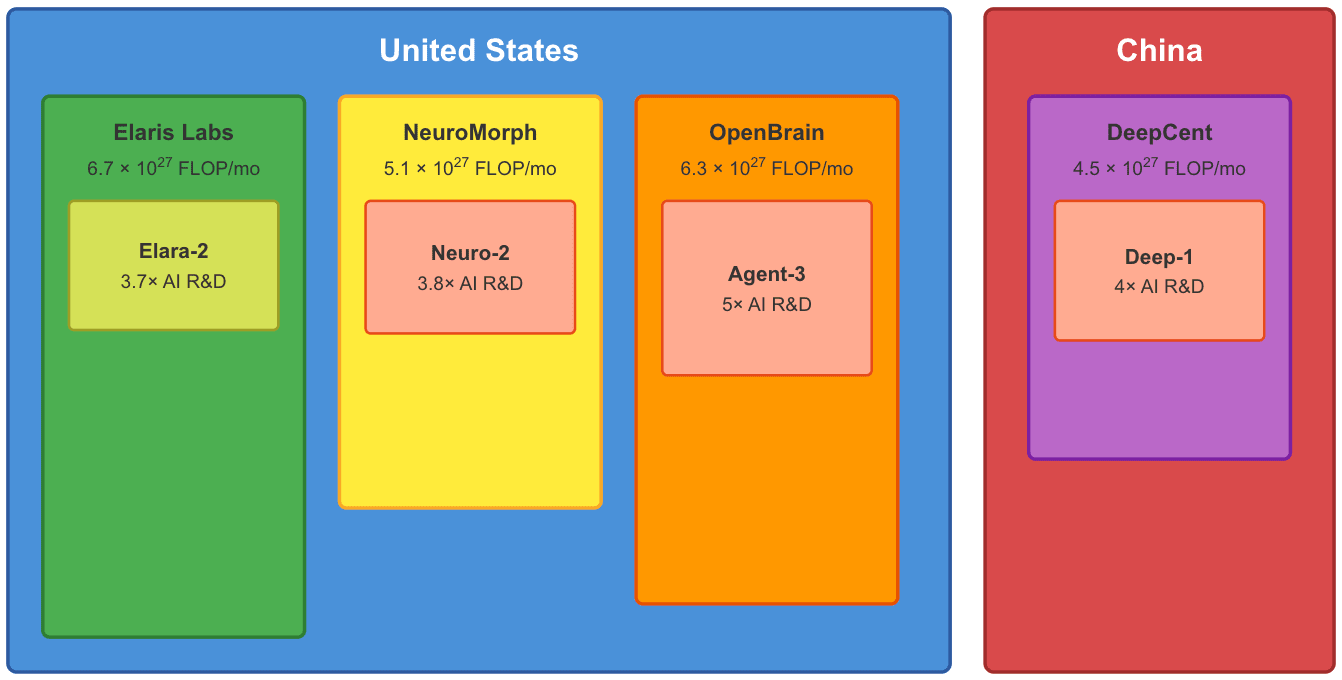The ongoing conflict in Ukraine has reached a critical juncture as President Volodymyr Zelenskyy reveals that Russian President Vladimir Putin is demanding Ukraine relinquish control of the remaining 30% of the Donetsk region as part of a ceasefire agreement. Zelenskyy firmly rejected this proposal, emphasizing that such a withdrawal would be unconstitutional and would only pave the way for future Russian aggression. He highlighted the lack of security guarantees in diplomatic discussions led by the U.S., which are crucial for Ukraine's defense against further incursions. The situation is exacerbated by Russian military advances around key cities like Pokrovsk, raising the stakes for Ukraine as it navigates complex international negotiations without adequate European representation.
The implications of Zelenskyy's stance are profound: he asserts that conceding territory would not only undermine Ukraine's sovereignty but also embolden Russia's ambitions in the region. As the U.S. prepares for a summit with Russia, concerns mount that any concessions made could destabilize the transatlantic alliance and set a dangerous precedent for international law. Zelenskyy's insistence on maintaining territorial integrity reflects a broader understanding that the war is not merely about land but about the very future of European security. The potential loss of Pokrovsk could further complicate Ukraine's military position, making it imperative for Kyiv to secure robust international support and guarantees to deter further Russian advances.









